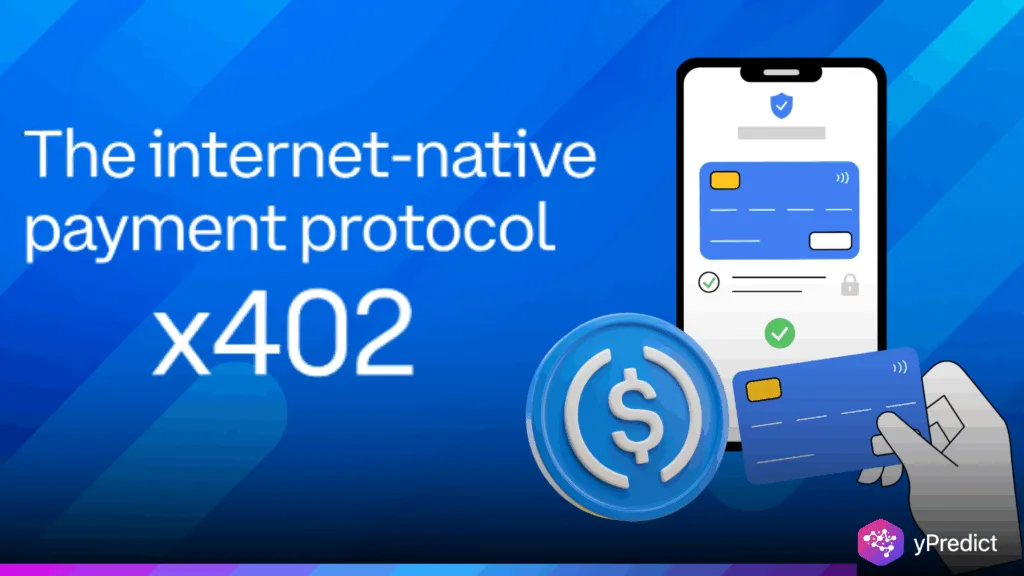
Peaq unveils support for the x402 protocol, potentially revolutionizing payments in the Machine Economy. The post, on X, highlights the machine-optimized layer-1 blockchain enabling direct payments among AI agents and devices. x402, originally developed by Coinbase and later adopted by Google for its Agent Payments Protocol (AP2), repurposes HTTP’s 402 status code as an API-style payment method. For peaq, this is beyond just a technical breakthrough. It’s about allowing machines to transact momentarily — without human involvement or outdated settlement delay.
Headline: Why x402 Matters to Machines
The Machine Economy, wheezing on devices and agents operating autonomously. Think of IoT networks, self-driving cars, or AI services. They need some way to make the hole punchers whole, immediately, securely, and at low fees. That’s where the x402 protocol comes in.
Based around HTTP’s 402 code, x402 allows services to pay for resources directly via API. No sign-ups, no manual signatures. Just M2M or A2A payments, settled on-chain at near-instant speed. That’s a huge, huge departure from traditional payments, which can take days to process.
For example, supporting x402 means that builders on its network can release more sophisticated apps. Instances already leap forth: MapMetrics’ decentralized navigation, Teneo’s Community Nodes for social data collection, and YOM’s cloud gaming. All of these need fast, frictionless payments to scale. With x402, dollars flow at blockchain speed — enabling real-time capability.
And with this standard, Peaq gives its ecosystem the stage to scale. Low latency and zero-fee transactions aren’t just technical features; they’re essential for millions of peer-to-peer interactions to operate seamlessly across decentralized networks.
Industry Support and General Significance
Peaq’s adoption of x402 isn’t happening in isolation. Coinbase created the standard. Google endorsed it through AP2. Cloudflare teamed up with Coinbase to establish the x402 Foundation. Companies like Airwallex, American Express, and Eigen Labs are helping too. Between the two of them, they’re setting a global standard for agent compensation.
Industry support of this kind is validation. It suggests x402 isn’t just an experiment but may become the foundation for AI-driven financial interactions. For DePINs—a space peaq is intimately invested in—this is key. Consider drone fleets fulfilling package deliveries, smart meters trading energy credits, or autonomous automobiles paying congestion tolls. All of which calls for a neutral, blockchain-agnostic protocol like x402.
Peaq receives another timing advantage. The blockchain just got listed on Coinbase recently, so all of that liquidity and visibility. And that leaves it nicely positioned to attract new developers who want to build in a place where standards are beginning to coalesce.
At its essence, however, this shift shunts control away from centralized payment systems and instead toward networks where machines themselves own and govern value flows. It’s the dawn of a self-sustaining Machine Economy, independent yet verifiable.
Conclusion
Peaq’s support of x402 might be a tipping point. By allowing machines and AI agents to trade directly, immediately, and securely, it addresses one of the biggest bottlenecks in decentralized systems–humanless payments. Backed by Coinbase and Google titans, the protocol is poised to scale rapidly. For peaq, the integration cements its role as a hub in the Machine Economy, linking blockchain, AI, and the physical world. Whether it’s fueling navigation apps, games, or energy grids, the thing is: the future economy won’t just have machines in it—it’ll be fueled by them.






